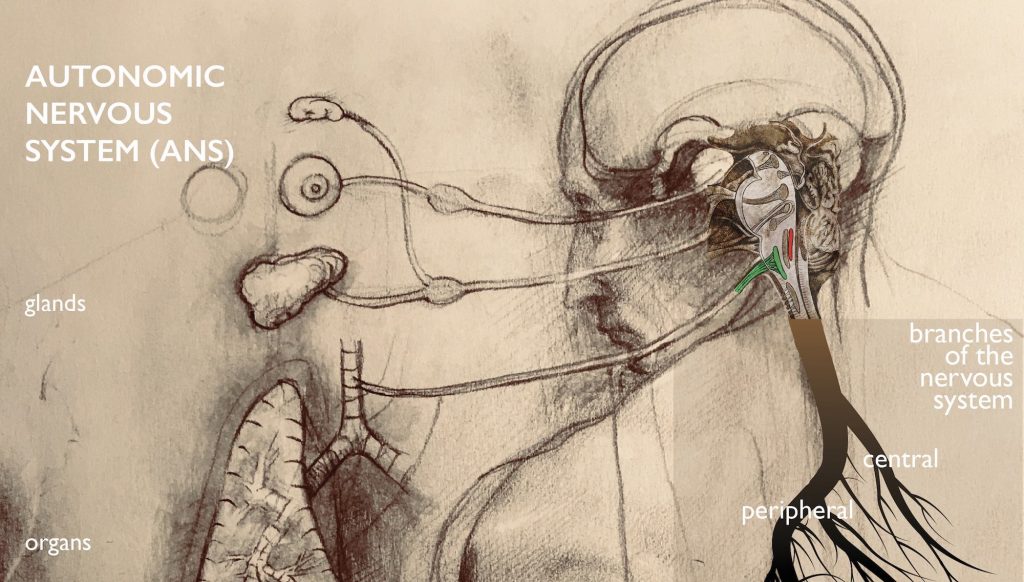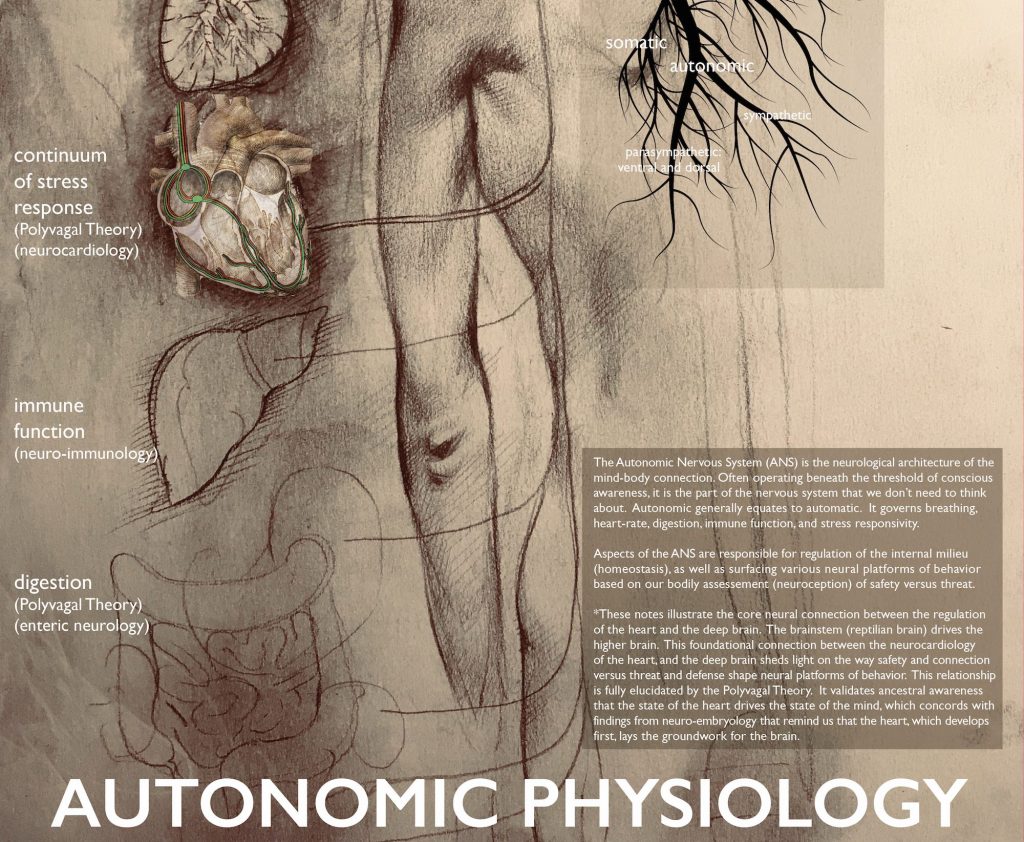Bringing the Polyvagal Perspective to Your Clinical Practice
Our team developed the Bringing the Polyvagal Perspective to your Clinical Practice training to offer wellness professionals, and those serious about incorporating the living lens of Polyvagal Theory into their practice, an opportunity to deeply explore the implications and clinical applications of the Polyvagal Theory, as well as to understand how it is woven into the research that has informed the development of the Restorative Practices Neurodevelopmental model. This course is taught as a live seminar, with Zoom-based three-hour lectures, and with supplemental video content. Our emphasis in the live trainings is on deepening participants' understanding of the felt experience of the theory, and applying the theory with clients in vivo.
This builds on several previous courses that we have offered, including a Polyvagally-Informed Self-Care course for Providers, our best-selling Polyvagal Mindfulness course, and our Clinical Applications of Polyvagal Theory course. Taken together these courses offer a pedagogically-robust, clinically-informed, and experientially-grounded inquiry into the Polyvagal lens.
The view articulated in these courses is also foundational to the way that we train curators to engage with our deep learning platform, and informs the way that we have organized the learning platform from its inception. So if you are interested in using the learning platform with patients or clients, this training, and the related trainings, will be useful in that direction.
You can watch the following pre-training content in any order. If you'd like the broadest introduction to the course, and the Restorative Practices Neurodevelopmental model, begin with the Lost Keynote. Alternatively, if you'd like to hear about the origins of the Polyvagal Theory first directly from the person who developed it, begin with the conversation with Dr. Stephen Porges. If, rather, you'd like to first situate this inquiry into Polyvagal Theory in the context of the Adverse Childhood Experiences (ACES) study, the largest epidemiological study of trauma ever conducted, begin with the conversation with Dr. Vincent Felitti, Co-Principal Investigator of the ACES study.




